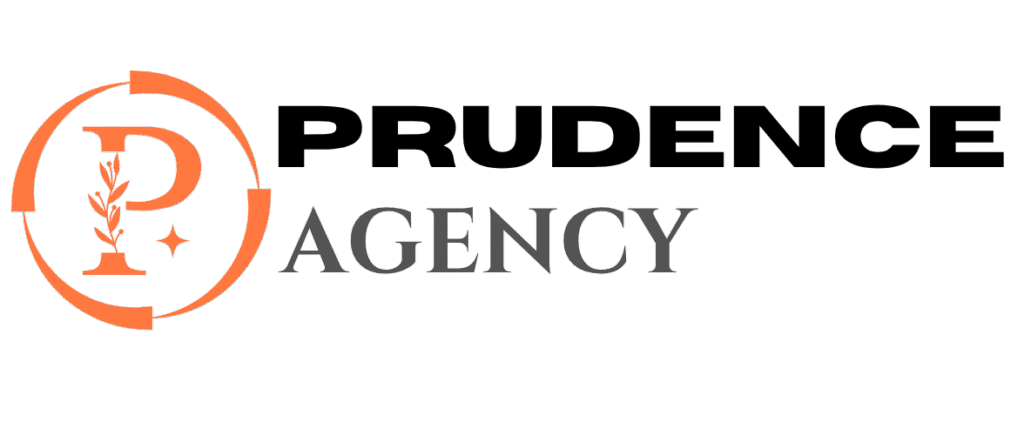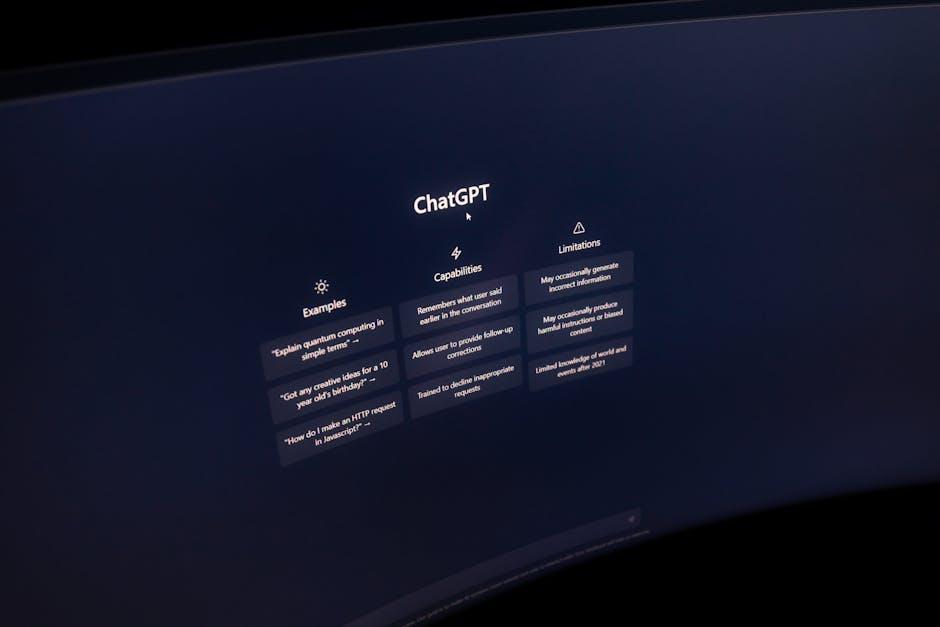AI-Powered Chatbots: Beyond Customer Service to Full Business Integration
Artificial Intelligence (AI) is reshaping the way businesses operate, and at the forefront of this revolution are AI-powered chatbots. While initially introduced to streamline customer service interactions, chatbots today have evolved into vital business tools that integrate deeply into various departments. This evolution promises to enhance operational efficiency, improve customer experiences, and support strategic decision-making. In this article, we dive into how AI-powered chatbots go beyond customer service to become indispensable across full business integration.
Understanding AI-Powered Chatbots
AI-powered chatbots are software applications that use artificial intelligence technologies-including Natural Language Processing (NLP), machine learning, and sentiment analysis-to simulate human conversations. Unlike rule-based chatbots that follow pre-scripted answers, AI chatbots understand intent, learn from interactions, and provide dynamic, personalized responses.
Traditional Role: Chatbots in Customer Service
Customer service is where chatbots first made their mark. Key functions included:
- Handling FAQs instantly
- Providing 24/7 customer support
- Reducing wait times and agent workload
- Facilitating simple transactions or bookings
These capabilities helped businesses reduce operational costs and improve customer satisfaction. However, AI chatbots’ true potential lies in going far beyond these initial use cases.
AI Chatbots Driving Full Business Integration
Advances in AI and business process automation have empowered chatbots to interact with multiple systems and departments. Here’s how businesses are integrating AI chatbots across their entire operations:
1. Sales and Marketing Support
- Lead qualification and nurturing through conversational AI
- Personalized product recommendations based on user preferences and past behavior
- Automating appointment scheduling and follow-ups
- Collecting customer feedback and market insights in real time
2. Human Resources and Internal Communication
- Onboarding new employees with interactive training modules
- Answering HR-related queries about benefits, leave policies, and payroll
- Automating employee surveys and engagement checks
- Streamlining internal IT support requests
3. Operations and Supply Chain Management
- Monitoring inventory levels and alerting management to restock needs
- Coordinating supplier communications and purchase orders
- Tracking shipment statuses and delivery updates for customers and partners
4. Data Analytics and Business Intelligence
- Generating performance reports based on integrated data sources
- Providing insights on customer behavior and sales trends via conversational queries
- Alerting management to anomalies or opportunities through predictive analytics
Key Benefits of Full Business Integration with AI Chatbots
| Benefit | Description |
|---|---|
| Increased Efficiency | Automates repetitive tasks and accelerates workflows across departments. |
| Improved Employee Experience | Reduces manual workload and enhances internal communication. |
| Enhanced Customer Engagement | Delivers personalized, real-time interactions that increase satisfaction. |
| Data-Driven Decision Making | Consolidates data access through conversational analytics and reporting. |
| Cost Reduction | Decreases dependency on human labor for routine operations. |
Practical Tips for Successful AI Chatbot Integration
- Identify Use Cases Across Departments: Map where automation adds real value beyond customer interaction.
- Ensure Seamless System Connectivity: Integrate your chatbot with CRM, ERP, HRMS, and other critical platforms.
- Focus on User Experience: Customize chatbot interactions to reflect company tone and empathy.
- Train Continuously: Use chatbot analytics to improve response accuracy and expand capabilities over time.
- Secure Data Privacy: Implement robust security and compliance standards, especially when handling sensitive business information.
Case Study: How a Retail Business Transformed Operations with AI Chatbots
Background: A mid-sized retail chain implemented AI chatbots to support customer service and later expanded that integration into sales and inventory management.
Outcome Highlights:
- Reduced customer response time by 50% with AI-driven customer support.
- Increased lead conversions by 30% using chatbot-led personalized marketing campaigns.
- Automated inventory alerts cut stockouts by 25%, improving supply chain reliability.
This multi-dimensional approach empowered the retailer to operate more efficiently while boosting customer loyalty and sales effectiveness.
Conclusion: Embracing the AI Chatbot Future for Full Business Integration
AI-powered chatbots are no longer just tools for customer service-they are evolving into core components across business functions. By integrating chatbots throughout sales, HR, operations, and analytics processes, companies can unlock new efficiencies, enhance user experiences, and leverage data like never before. For businesses looking to stay competitive in a rapidly digitizing world, harnessing AI chatbot technology for full business integration offers a clear path to smarter, faster, and more responsive operations.
Start by exploring chatbot platforms designed for enterprise integration today, and take the first step toward embracing a truly AI-powered business ecosystem.











